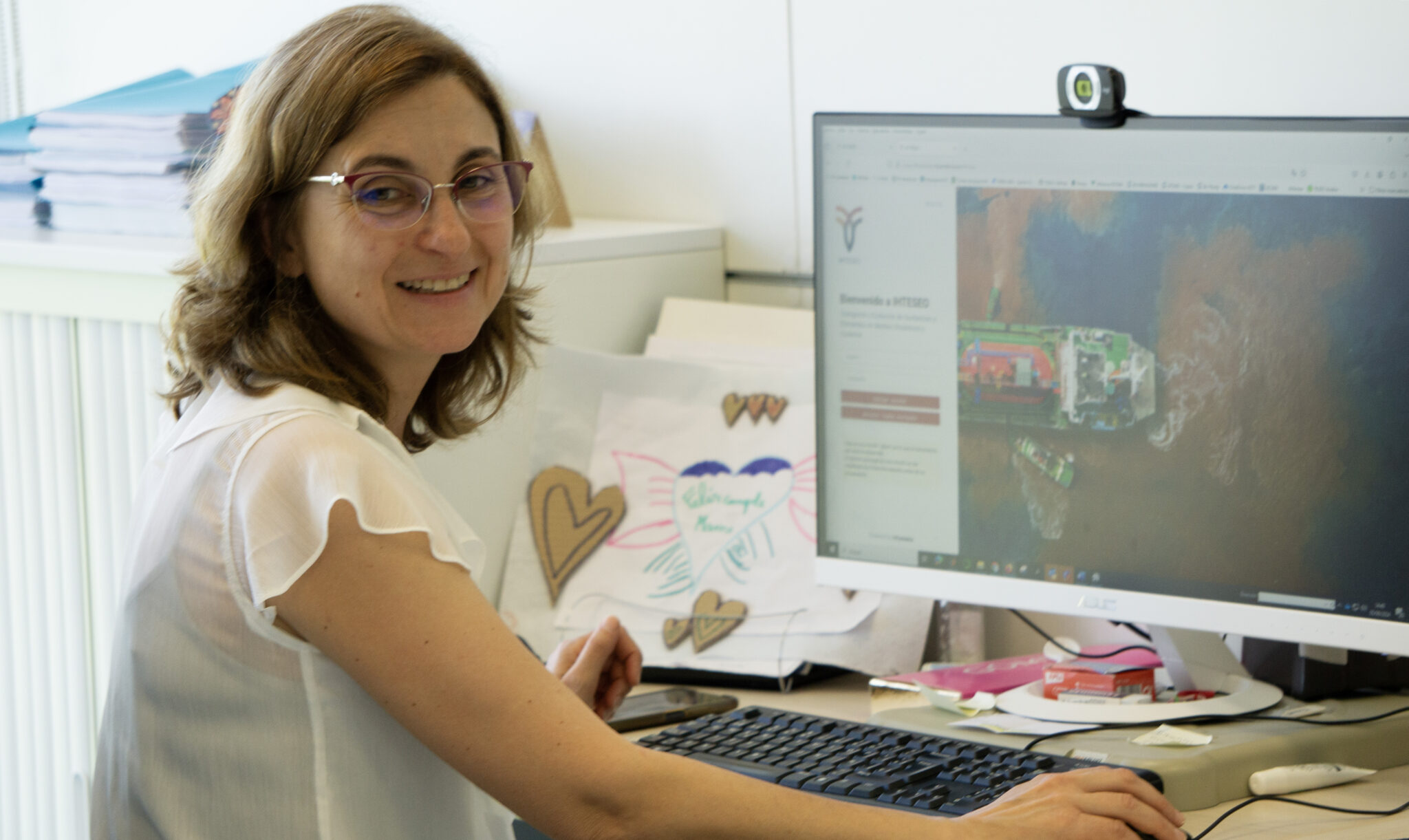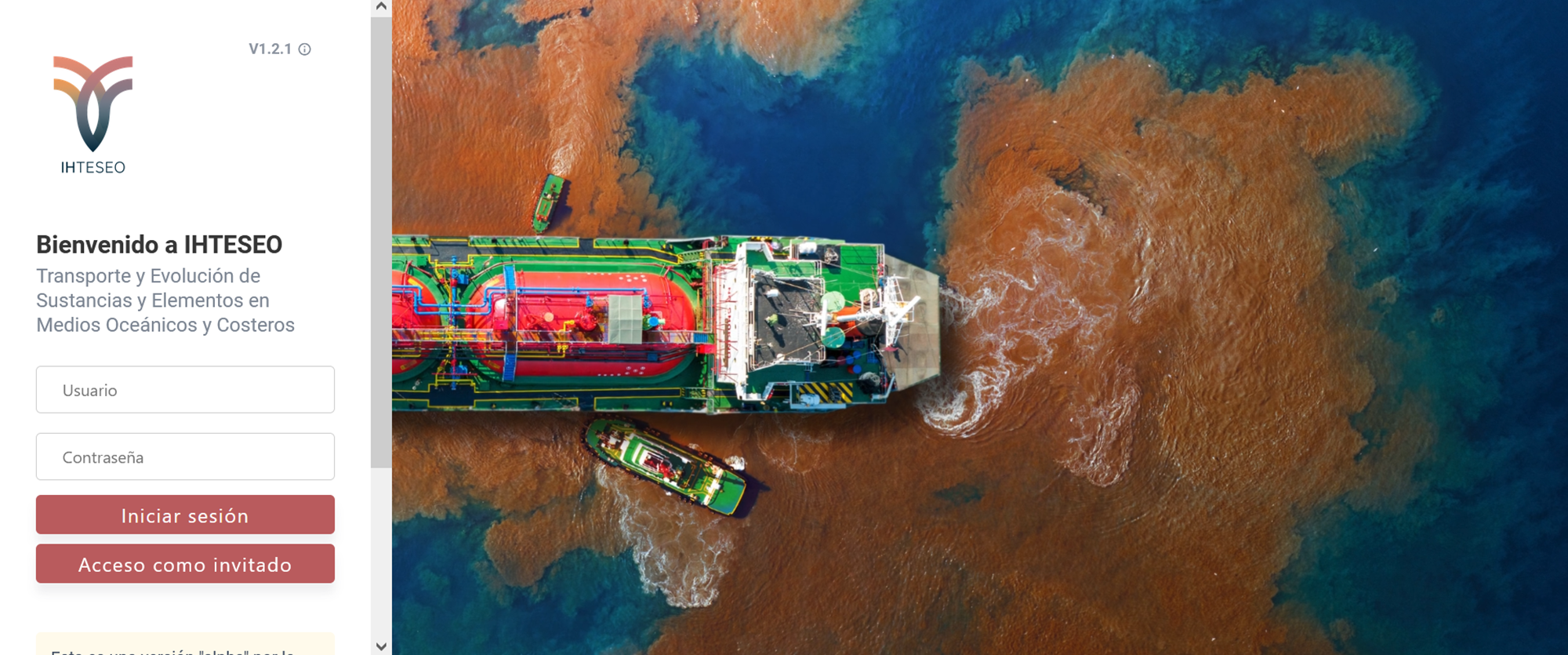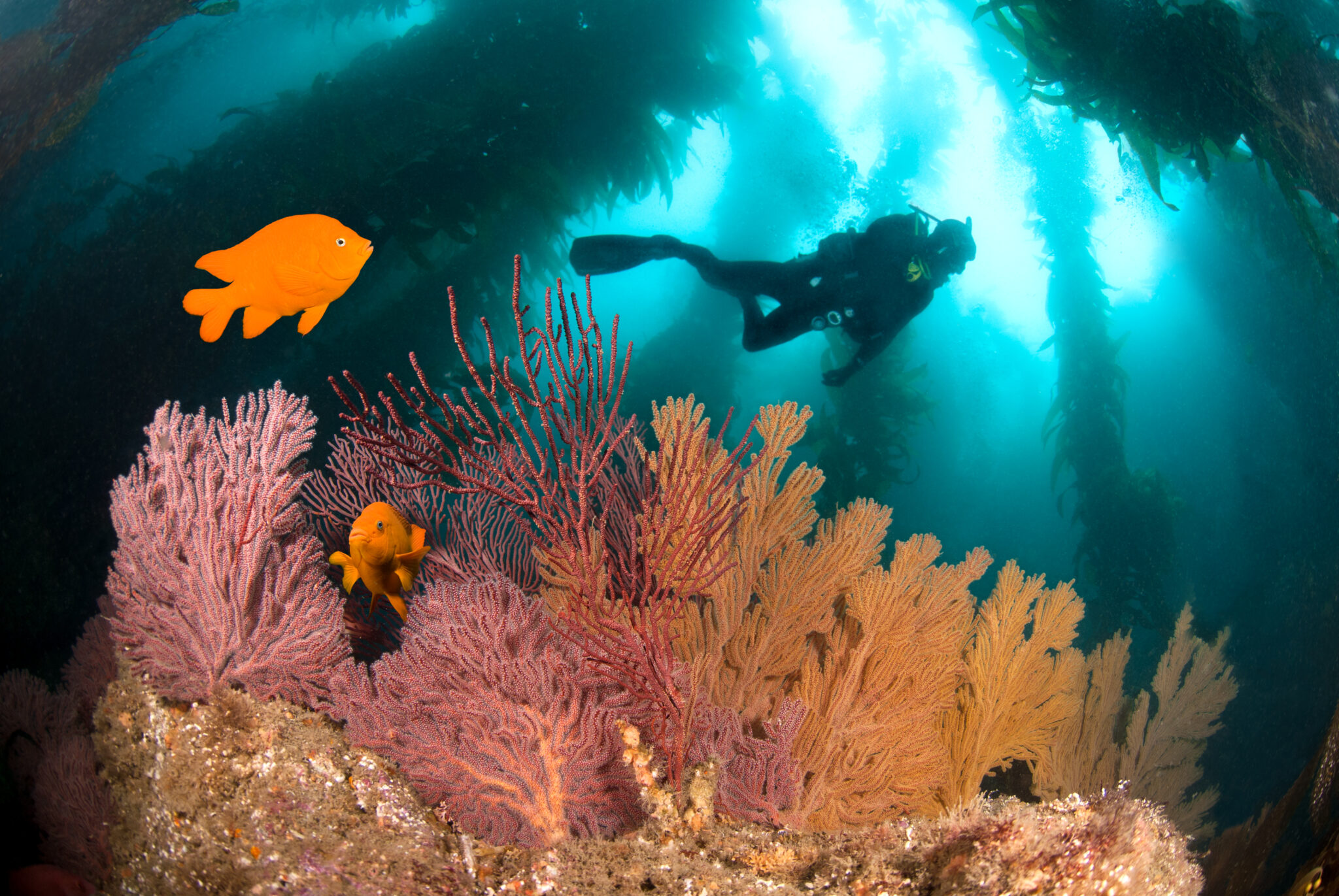IHCantabria joins the celebration of World Oceans Day with flagship projects, such as MARION and GOS-GLOBAL
Tomorrow, June 8, World Oceans Day will be celebrated. This year, the theme is “Awakening New Depths”, in the framework of the UN Decade of Ocean Sciences for Sustainable Development (2021-2010)
The Environmental Hydraulics Institute of the Universidad de Cantabria (IHCantabria) supports the celebration of the “World Oceans Day”, which is commemorated this June 8, under the slogan “Awakening new depths“. This commemoration was established by the UN in 2009 to recognize the importance of the oceans and to promote their sustainable management, since they produce around 50% of the planet’s oxygen and are a source of life and sustenance for millions of people and other species.
Within the framework of this celebration, IHCantabria highlights the work carried out by all its research staff, through several studies and transfer, teaching and research projects, such as MARION and GOS-GLOBAL. These two projects are part of the Marine Science Program (PCM) and address issues that are related to the 2030 Agenda, the Sustainable Development Goals (SDGs), the challenges of Horizon Europe and the criteria that underpin the IHCantabria’s approach. Decade of Ocean Sciences for Sustainable Development (2021-2010) of the UN.
In coherence with the SDGs and the challenges of Horizon Europe, the MARION and GOS-GLOBAL projects focus on critical issues related to marine pollution and climate change; they not only provide scientific knowledge, but also practical tools for the management and conservation of marine ecosystems.
Ana Julia Abascalone of the principal investigators (PI) of both projects, highlights: “The conservation and sustainable use of the oceans is a priority to achieve the SDGs and face the challenges of climate change. Through projects such as MARION and GOS-GLOBAL, IHCantabria confirms its commitment to creating innovative solutions to protect our oceans.”
MARION Project
The acronym MARION refers to the “Operational System for the Prediction of Oceanographic Variables and the Prevention and Management of Marine Pollution in Coastal Environments”, which in English is called System for
MARrine PollutIOn Prevention (MARION).
The development of this project uses data science and artificial intelligence to prevent and manage water quality in coastal environments. Since its inception in September 2022, this project has developed innovative methodologies and tools for early warning of bathing water quality and combating plastic pollution and accidental spills. As PI’s of this project are Ana Julia Abascal and Andrés García.
The results of MARION will allow the implementation of an operational oceanography system in the Bay of Santander and the coast of Cantabria, which will improve the management of marine pollution and provide useful data and tools for decision-making in public policies.
GOS-GLOBAL Project
With the Global Ocean Surge (GOS-GLOBAL) project, IHCantabria is promoting the development of a historical sea level database, oriented to the meteorological tidal component, with worldwide coverage and high spatial resolution along the coast. This database covers more than 30 years ─from 1990 to the present─ and will generate fundamental climate indicators for engineering studies and risk analysis, which will be fundamental for scientific research, coastal management and decision making related to climate change and its effects on sea level and coastal events, such as erosion and flooding.
One of its main objectives is to analyze the influence of key factors in the global modeling of the meteorological component of sea level (such as atmospheric forcing, interaction with the astronomical tide, ice cover and other relevant processes). Another objective is to improve the modeling of extreme events associated with low pressure systems, such as tropical cyclones and extra-tropical systems.
For its execution, this project is based on technological advances and will be supported by numerical simulation techniques, using global and regional hydrodynamic models, as well as approaches that use automatic learning techniques (a branch of artificial intelligence), in order to optimize computational resources.
Therefore, the results of GOS-GLOBAL will contribute to improve the assessment of coastal impacts and risks derived from climate change, as well as to study its implications on sea level. The PI’s of this project are Ana Julia Abascal and Melisa Menéndez.
IHCantabria Marine Sciences Program (PCM)
MARION and GOS-GLOBAL are two of the 15 projects that are part of the PCM of IHCantabria, which is framed in the Complementary Plan for R&D&I in Marine Sciences, ThinkInAzul. Funding for this Plan comes from the Ministry of Science and Innovation and the autonomous communities of Andalusia, the Balearic Islands, the Canary Islands, Cantabria, Valencia, Galicia and the Region of Murcia (in the case of the IHCantabria PCM, it corresponds to the Autonomous Community of Cantabria).
Framed within IHCantabria’s PCM, the MARION and GOS-GLOBAL projects are aligned with the 2030 Agenda for Sustainable Development and the Decade of the Oceans initiative, making them ideal for highlighting on the occasion of the celebration of “World Oceans Day”.
More information on the MARION project can be accessed through this link and on the GOS-GLOBAL project through the following link.

Ana Julia Abascal, one of the principal investigators of the MARION and GOS-GLOBAL projects

Tools for the prevention of marine pollution are some of MARION’s findings

“Awakening new depths” is the theme of World Oceans Day 2024





